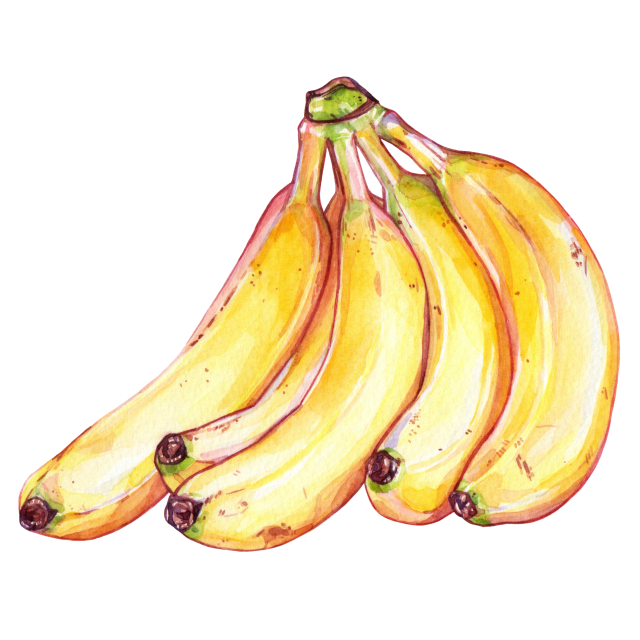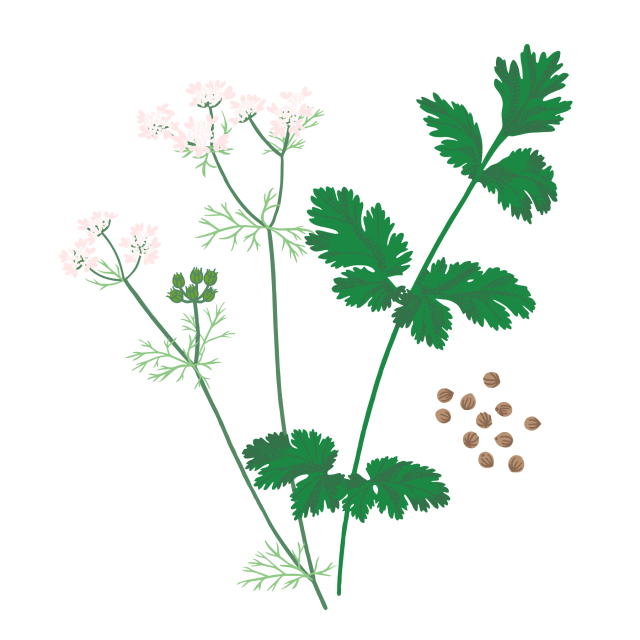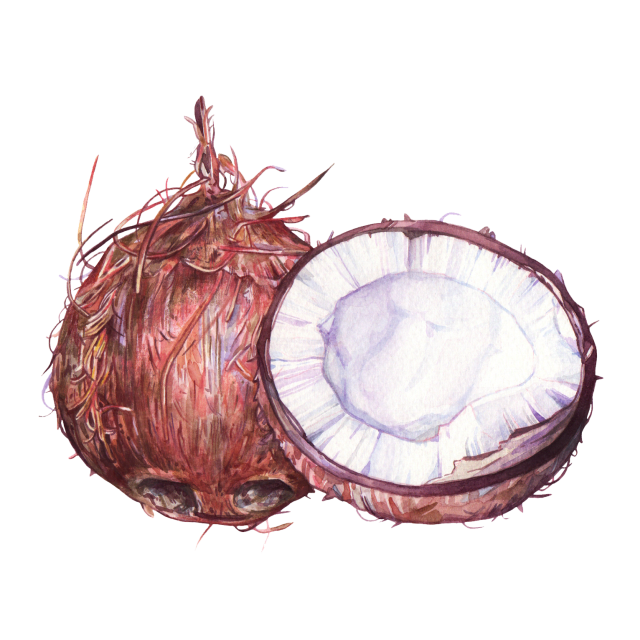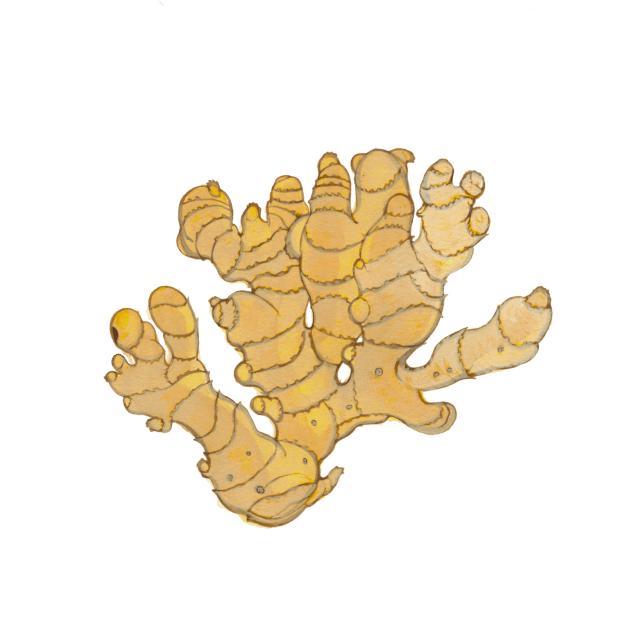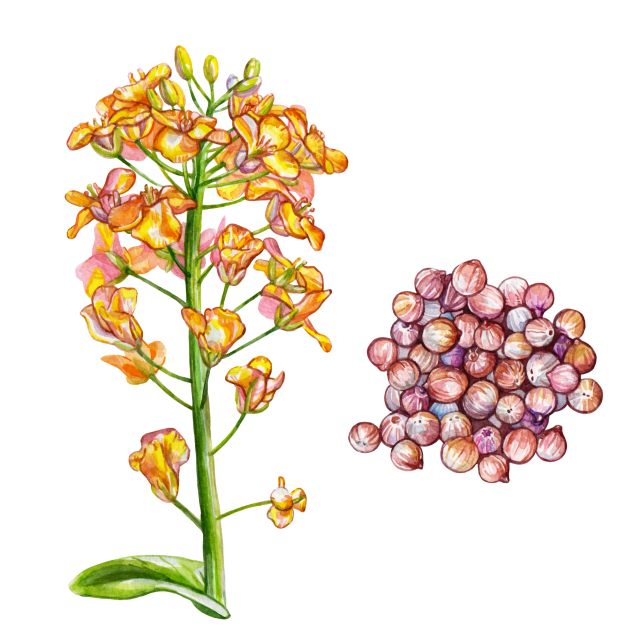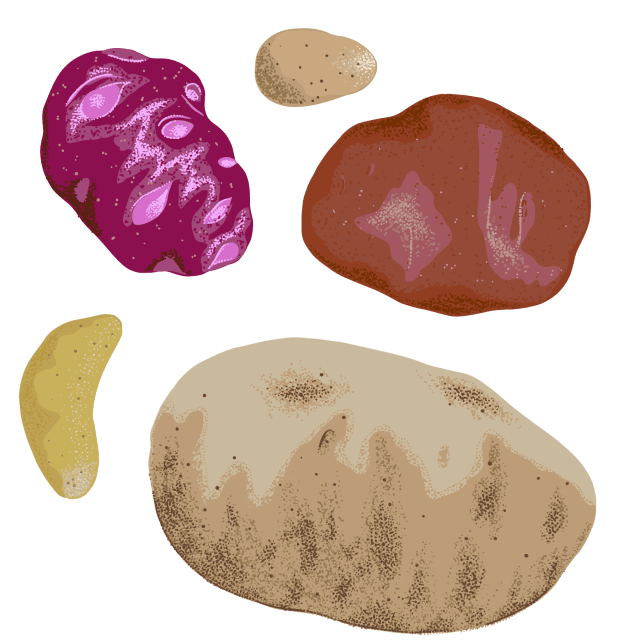
Mixed Vegetable Coconut Stew

Mixed Vegetable Coconut Stew
Description
This Kerala stew showcases the region’s abundant coconuts and vitamin and fiber-rich vegetables like sweet potatoes, carrots, and green plantains. Coconut milk offers electrolytes and MCTs for quick energy, while turmeric and pipli aid digestion and reduce inflammation. Light yet satisfying, this dish is a wholesome meal for any time of day.
NOTE
This recipe is flexible—use 3 to 4 cups of chopped vegetables of your choice.
Ingredients
4 to 6 SERVES
- 100 g sweet potato, peeled and chopped
- 100 g carrots, chopped
- 100 g green beans, chopped
- 100 g drumsticks, chopped
- 100 g unripe, green plantain, peeled and chopped
- 2 tsp salt
- ½ tsp turmeric
- 1 tsp cumin
- 2 pipli (Indian long pepper, optional)
- 4 to 6 black peppercorns
- 1 (12 g) Tbsp chana dal (split chickpeas or Bengal gram)
- 1-2 green chiles
- 1½ cups (400 ml can) unsweetened coconut milk
- ½ tsp salt
- Fresh cilantro to garnish
For the Tadka (Tempering)
- 2 Tbsp(30 ml) cold-pressed coconut oil
- 8-10 curry leaves
- 1-inch piece of ginger, cut into thin slivers
- 1 tsp black mustard seeds
Directions
-
Step 1
In a stockpot, add sweet potato, carrots, green beans, drumsticks, raw plantain, 1 teaspoon of the salt, and turmeric. Cover with 2 cups of water. Bring to a rolling boil on high heat, then reduce the heat to medium-low. Cover partially and cook for 10 minutes, until the vegetables are fork-tender. Strain the vegetables and reserve the cooking water. -
Step 2
In a small pan, dry roast the cumin, pipli (if using), and black peppercorns over medium heat for 2 minutes. Remove the spices from the pan and allow to cool. In the same pan, dry roast the chana dal for 3 to 4 minutes, stirring continuously, until the dal is golden-brown. -
Step 3
Place a roasting mesh over the gas burner and lightly char the chiles on the flame, about a minute. Using tongs to turn the chiles for even charring. Skip this step if using an electric stove. -
Step 4
In a food processor or blender, grind the roasted cumin, pipli, peppercorns, chana dal, and green chiles to make the masala. -
Step 5
In a large stockpot, add the coconut milk, the masala and 1 cup of the reserved cooking water and mix well over medium-low heat. Add the boiled vegetables and remaining 1 tsp salt, and cook for 10 minutes, until the gravy comes together and thickens. The gravy should coat the back of your spoon. Adjust the seasoning and turn off the heat. -
Step 6
In a tadka ladle or a small pan, heat the coconut oil and sizzle the curry leaves, ginger, and mustard seeds. Sauté for 30 seconds, then tip this tempering into the gravy. Cover the stock pot and let it sit for 5 minutes. Garnish with freshly chopped cilantro and serve warm.
About the author
More by Sadaf Hussain

Curd Brine Pickle
In this delicious probiotic pickle, carrots and radishes are fermented in a yogurt and mustard brine.

Everyday Indian Gravies
Explore the building blocks of Indian cuisine through five masalas.

Homestyle Mango Pickle
Bottle the mouth-puckering flavor and myriad health benefits of green, unripe mangoes in this classic Indian summer pickle.
